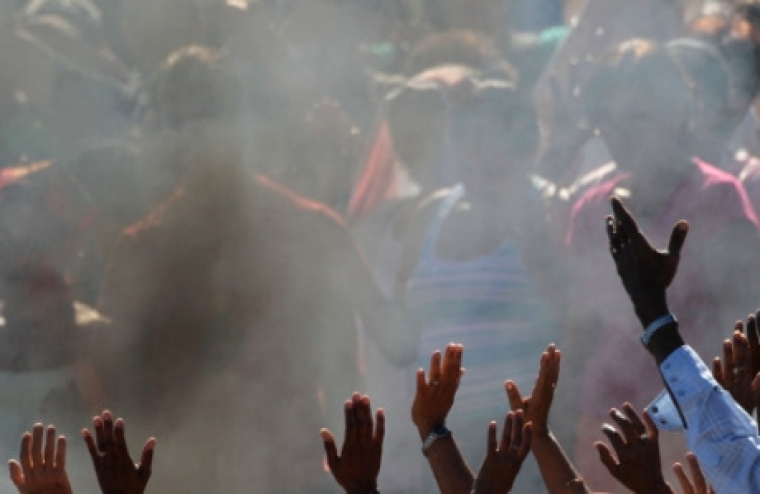
It was in the 1970s that New Age groups, UFO watchers and conspiracy theorists, began to argue that the Mayan prophecy mapped out a cataclysmic end to humanity, even though there is no mention of this in traditional Mayan beliefs. Some Christians have also picked up these ideas.
Though many people, me included, pay little credence to this view, it is nevertheless important to understand why they hold these beliefs and how we should respond to them.
To help us do that, we can use the work of psychologist Leon Festinger, who studied a 1950s group which also believed the world would end in a great flood on, strangely enough, December 21, 1954.
Festinger's book When Prophecy Fails accounts for the psychological consequences of disconfirmed expectations. To onlookers, the prophecy failed, but to the group themselves, it did not.
When William Miller and his Adventists' prediction that 'Jesus Christ will come again to this earth' failed to materialise in October 1844, the "failed" prophecy was interpreted spiritually, and led some of his followers to form the Seventh Day Adventist church.
Like the groups predicting an end to the world this year, these groups' social structures were too well developed for them abandon their beliefs, so they merely reinterpreted their prophecies to survive.
Likewise, when we have safely made it to 22 December, many of those people predicting the end of the world as we know it will argue we have entered a new age of consciousness.
Or conversely, a natural disaster, a war or any other calamity, they will say, proves their predictions. For the group, their prophecies are therefore practically unfalsifiable.
It's quite easy to ridicule and dismiss their beliefs. But by doing that, we merely serve to reinforce them – and that can sometimes even lead to tragedy. For example, the US government's response to the Branch Davidian apocalyptic group in Waco in 1993 served to fulfil the group's own prophecies that they would be violently attacked.
Sometimes, elements of these group's critiques on issues such as the exploitation of workers and third world poverty might even have some relevance to the mainstream.
So when, as I fully expect, we make it to next year after all, let's make it our resolution to take a constructive approach to these groups the next time a prophecy comes around.
Dr Andrew Crome researches the history of modern Christianity and apocalyptic thought at The University of Manchester.